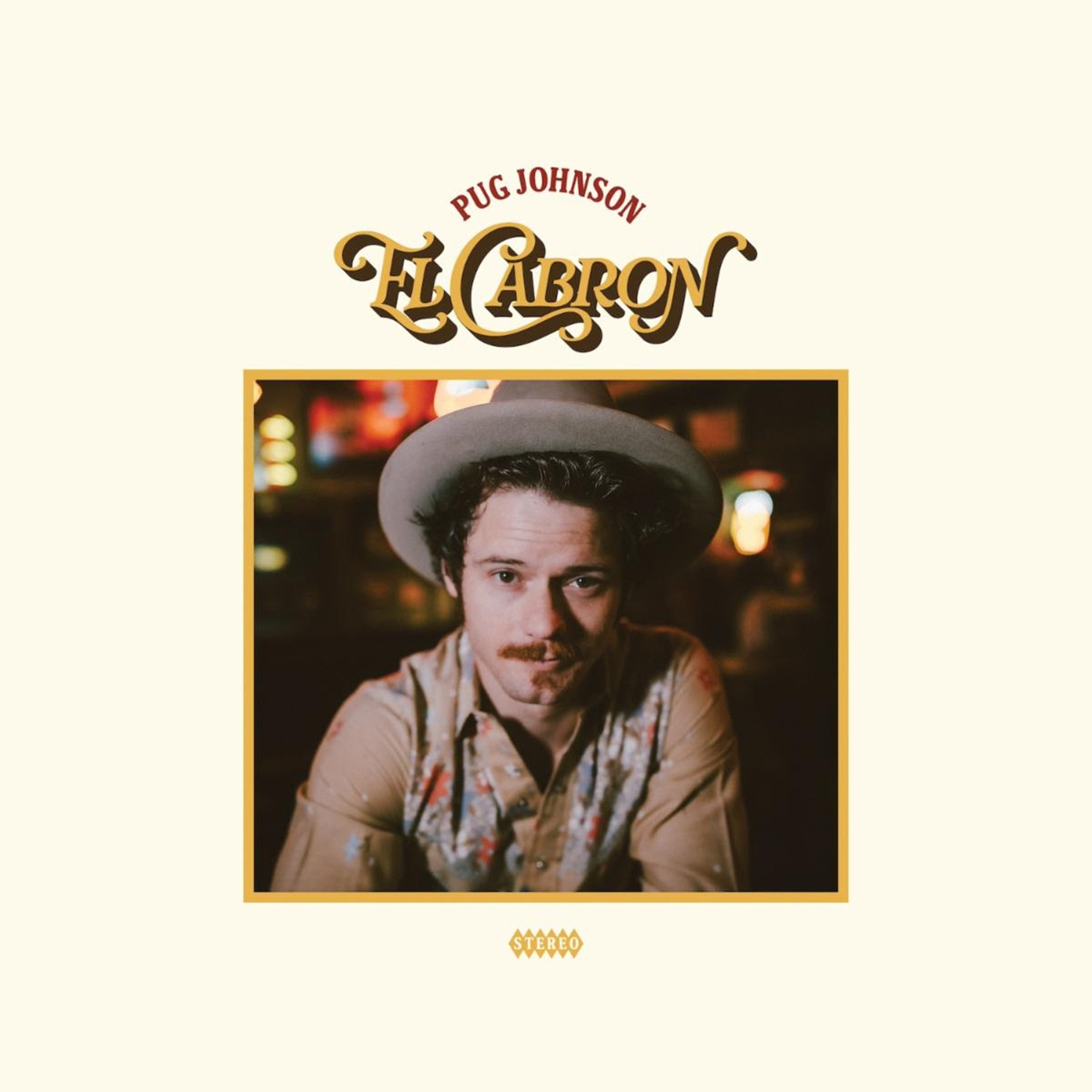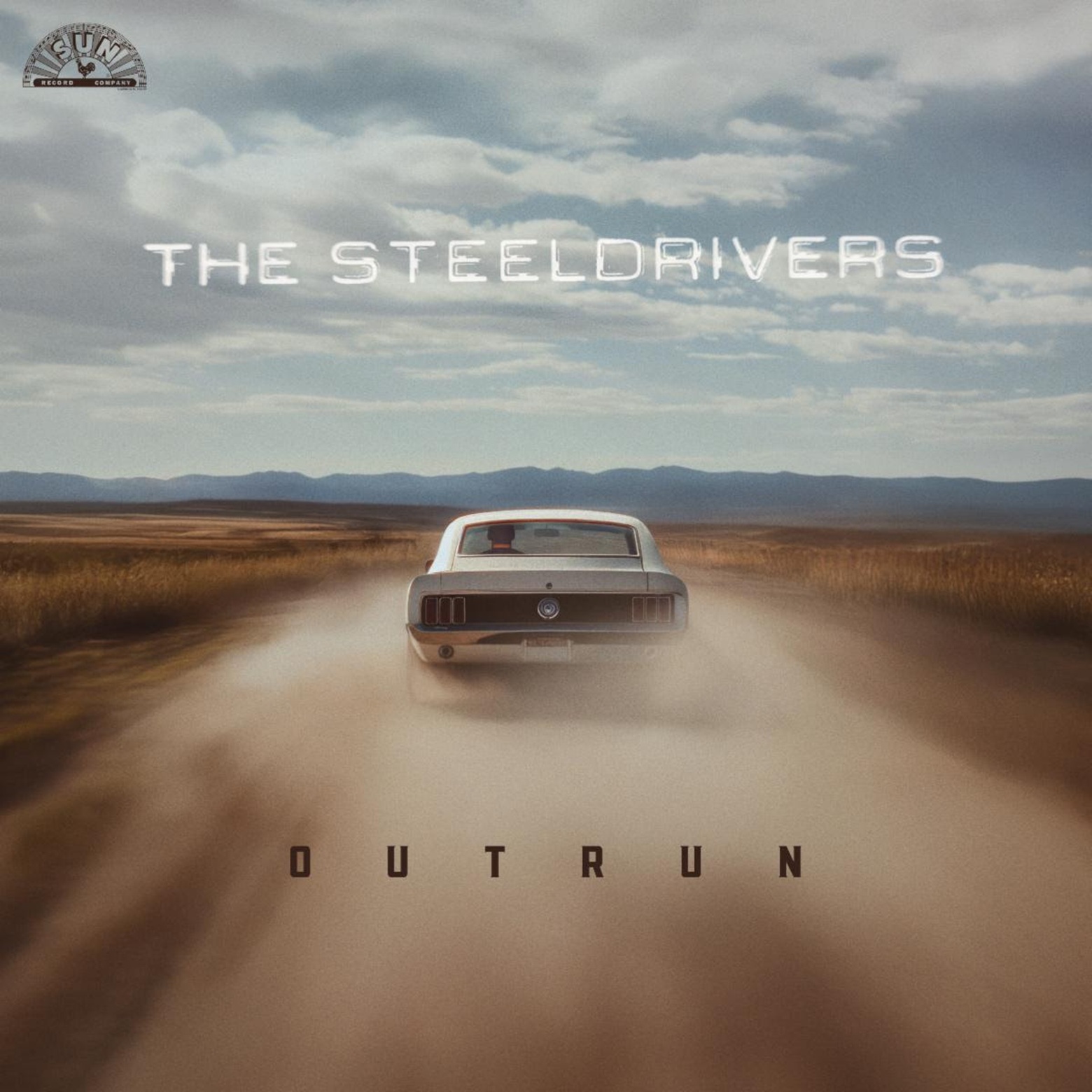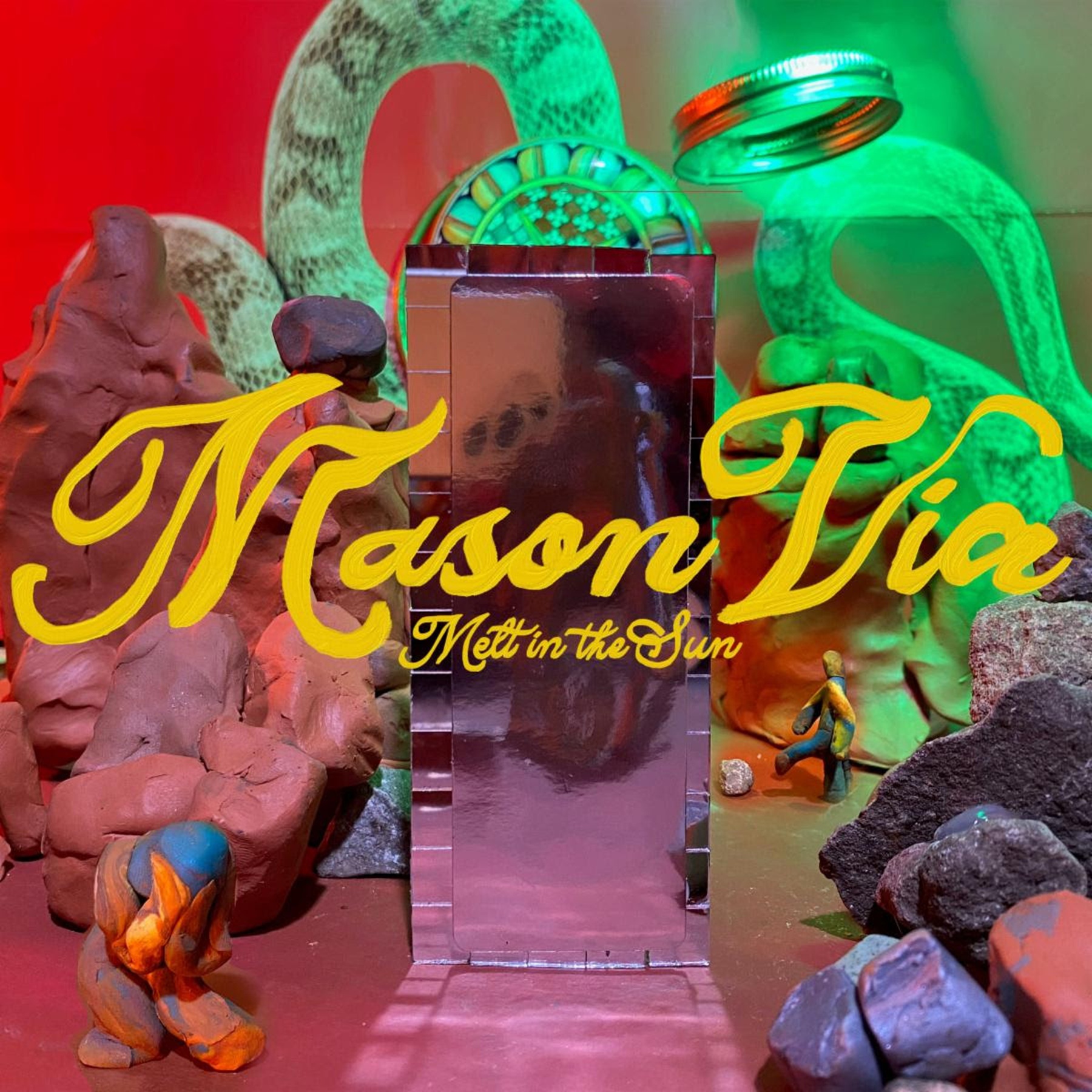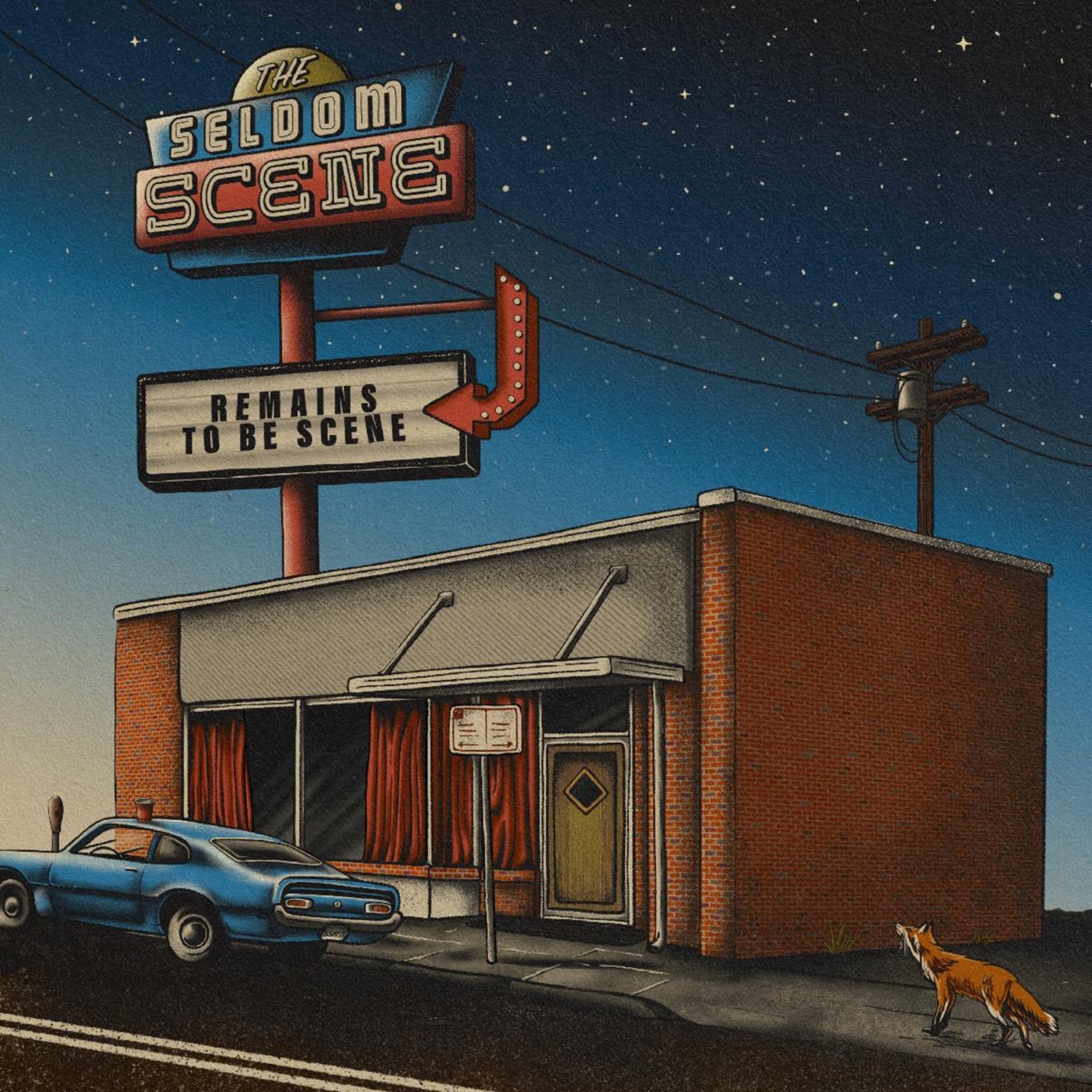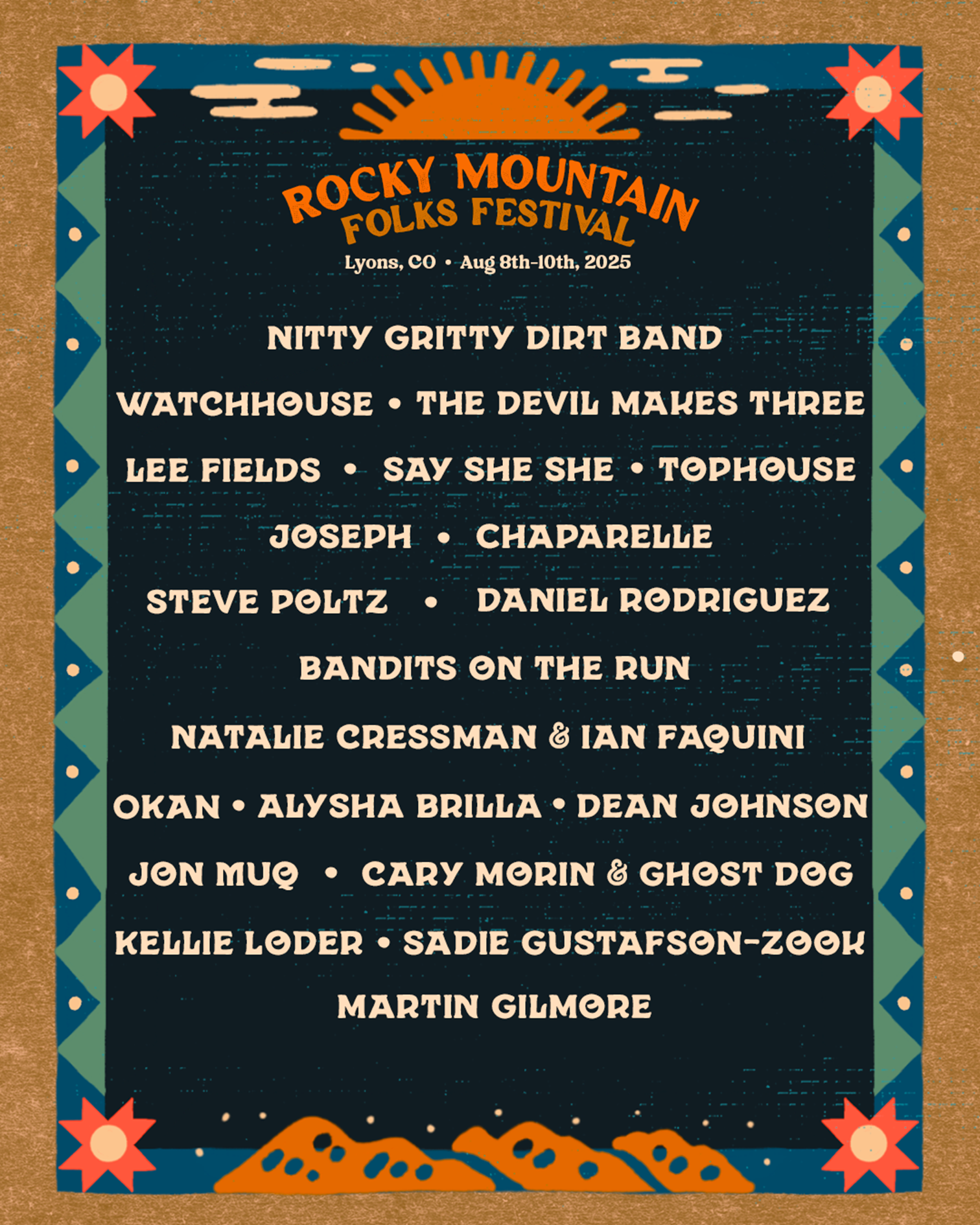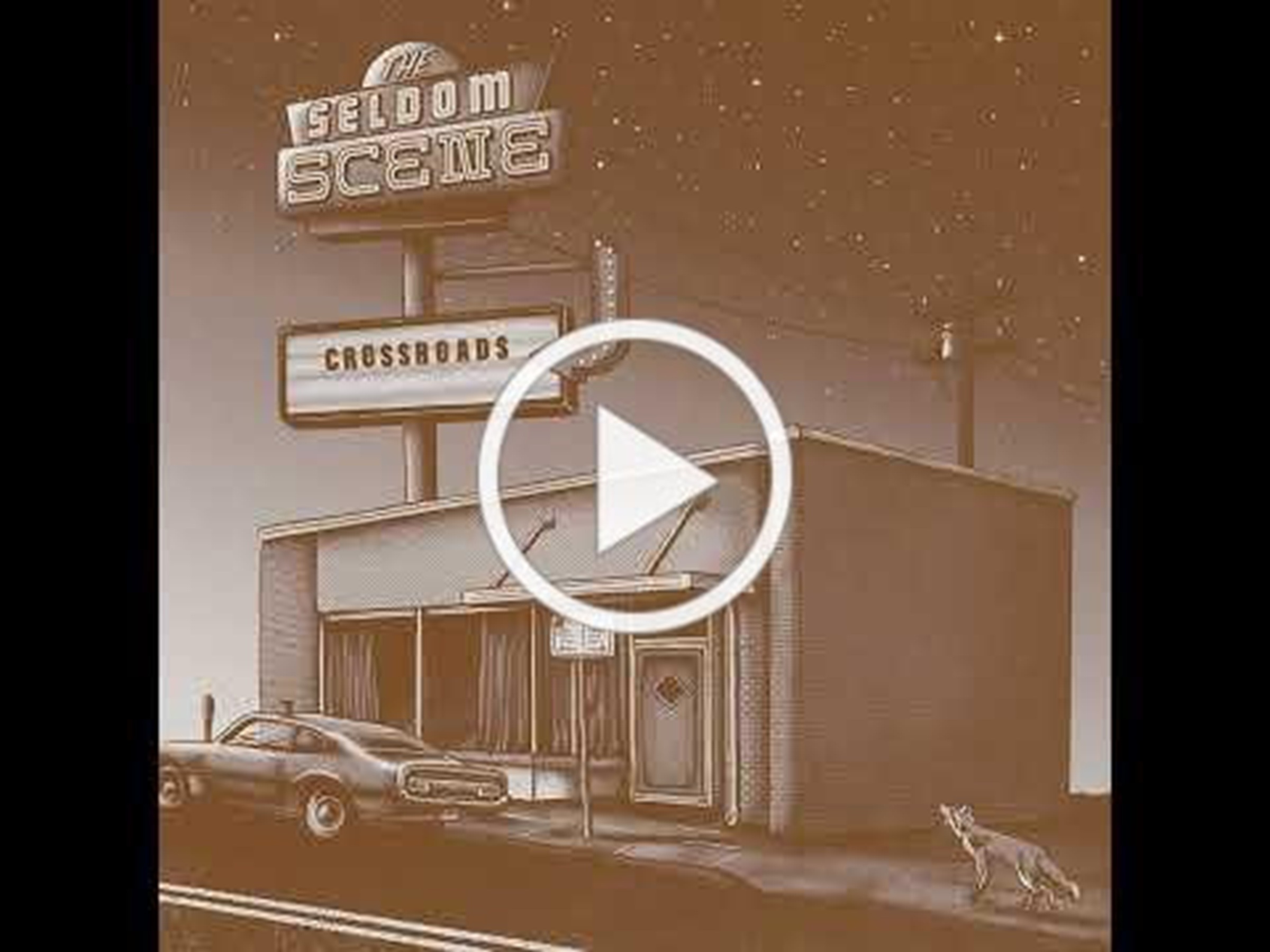“It was paramount that we practiced restraint, to not abandon tradition in the name of originality,” says singer and songwriter Pony Bradshaw of the recording process on his new album, Calico Jim. “‘Less glamour, more nutrients’ was something I reminded myself of every morning over coffee before heading to the studio.” That thought process aided in Bradshaw’s commitment to not overshadowing the stories he’d set out to tell; stories about the relationship between man and nature and about a region and community connecting with its history and its pasts which come to life through Bradshaw’s powerful, earnest voice. Part Southern gothic, part North Georgia storybook tales, Calico Jim will appeal to fans of impeccable, character-based storytelling and minimally and thoughtfully produced Americana music. Yesterday, American Songwriter premiered the album’s first single and title track, “Calico Jim,” calling it “raw and real while also being irresistibly toe-tapping.” Fans can hear “Calico Jim” now right here and pre-order the full Calico Jim album at this link.
“When I decided to bring Calico Jim to life, I had a strong notion of where I wanted to record it and who I wanted to involve in its making. I wanted friends to play on it, certainly, and I wanted their friends to play or work on it, too,” remembers Bradshaw. He and his friends—Cody Ray on guitars and lap steel, Aaron Boehler on bass, Paddy Ryan on drums and percussion, Philippe Bronchtein on pedal steel and Hammond organ, Casey Collis on fiddle and banjo, and Jason Weinheimer & Zachariah Reeves at the mixing board helm—met up at Fellowship Hall Sound recording studio in Little Rock, Arkansas, and let each song lead them to its final destination and incarnation. Recording to tape, Bradshaw and the band left their egos at the door and dove into the work that drives his everyday life. “There’s a certain hard-earned knowledge, a fastening of spirits, gained from toiling with friends,” says Bradshaw. “In the trenches, glasses clinking, wore slap out, but wholly content.”
The brotherhood developed over that week in Little Rock is easily heard on Calico Jim. During the sessions, the band shared a big, old gothic house near the Arkansas River, just a few miles from the studio. “Every evening before falling asleep sapped from the laboring, I turned on the Andy Griffith Show, a program that settles the soul and readies it for a good night’s rest.” Bradshaw and the band returned to the studio each new day, well-rested and ready to get their hands dirty recording songs like “Dope Mountain” and “Sawtoothed Jericho.” The former opens with the line “We took to stealing copper wire / Stashed in a laurel slick down by the old mine” and chronicles life in a post-mining town with sharp, tin-type detail, and the latter has a nuevo-bluegrass feel full of Bradshaw’s signature imagery and commanding vocals; both drenched in an inescapable feeling of authenticity. A dusty truth that Bradshaw has no problem sharing with the world.
“My ultimate aim was for this to be a true record of an experience, a capturing of sound and sweat and intention. A human artifact,” recalls Bradshaw. “To bring it into the physical world was essential. I wanted it to live and breathe, to die, to get lost, and then found. I hope that’s what’s heard when it’s spinning in your living room or playing through your car speakers on your way to work. I hope you can hold it in your hands and feel the life we put into it, and I hope you feel it wasn’t in vain or a waste of your time.”
More About Pony Bradshaw: James Bradshaw lives in North Georgia with his family, where he writes songs, tends the yard, and raises children. After a long stint of being unsettled, he arrived home in the southern Appalachian mountains to do his life’s work. A natural-born dissenter, he focuses on housekeeping with his wife and believes work is a form of prayer.
“Good work uses no thing without respect, both for what it is in itself and for its origin. It uses neither tool or material that it does not respect and that it does not love. It honors nature as a great mystery and power, as an indispensable teacher, and as the inescapable judge of all work of human hands. It does not disassociate life and work, or pleasure and work, or love and work, or usefulness and beauty. To work without pleasure or affection, to make a product that is not both useful and beautiful, is to dishonor God, nature, the thing that is made, and whomever it is made for.” – Wendell Berry












